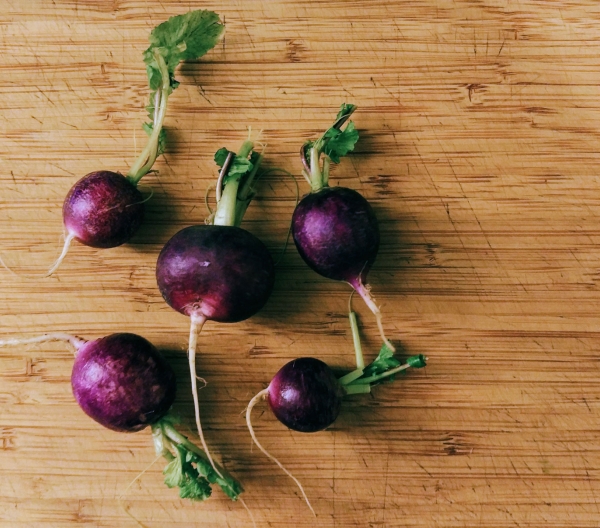Getting enough protein from plants? Don’t worry.
Shakes. Bars. Bread. Cereals. Cookies. Chips. Water.
“The food industry has gone hog-wild putting protein in everything,” says Christopher Gardner, professor of medicine at the Stanford University School of Medicine.
“Protein consumption is higher in the U.S. and Canada than in any other region in the world, yet companies now sell protein water. We’re obsessed with protein.”

People may assume that shifting their calories from carbs or fat to protein can build up their protein stores and give their muscles a boost. Wrong.
What matters for your muscles
“How much protein can you store for later?” asks Gardner. “Zero. Within 24 hours, any extra gets turned into carbohydrate or fat.”
There’s only one way to build muscle, he adds. “You do it by working out, not eating meat.”
And the average American already eats 90 grams of protein per day—well over the Recommended Dietary Allowance (50 grams).
It's easy to reach the protein RDA for adults (50 grams a day) even with zero animal foods.
[Click here to see a chart of how much protein is in common plant and animal foods.]
To protect the planet, we need to shift more animal protein to plant protein, argues Gardner.
One stumbling block
“Many people have heard that the protein in plants isn’t as good as the protein in animals,” says Gardner.
Yet the minor differences in their amino acid levels are irrelevant.
“Grains are low in lysine and beans are low in methionine,” says Gardner.
That might matter to someone who is barely getting enough protein and is eating mostly rice, for example.
“But we don’t get all of our daily protein from a single food, and we’re already getting plenty of protein, so it doesn’t matter a hoot,” says Gardner.
“A switch to plant foods would have a massive benefit for the planet our children will inherit.”
Continue reading this article with a NutritionAction subscription
Already a subscriber? Log in

Let's stay in touch
Get our (free) healthy tips
Our free Healthy Tips newsletter offers a peek at what Nutrition Action subscribers get—scrupulously researched advice about food of all kinds, staying healthy with diet and exercise, and more.

